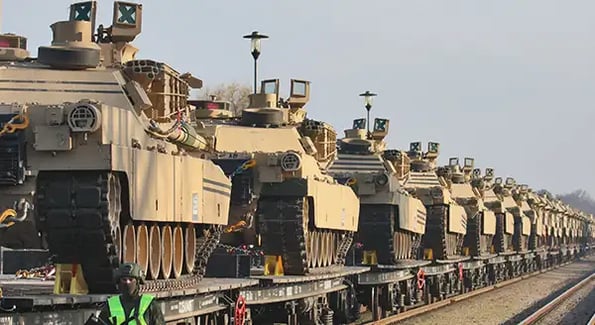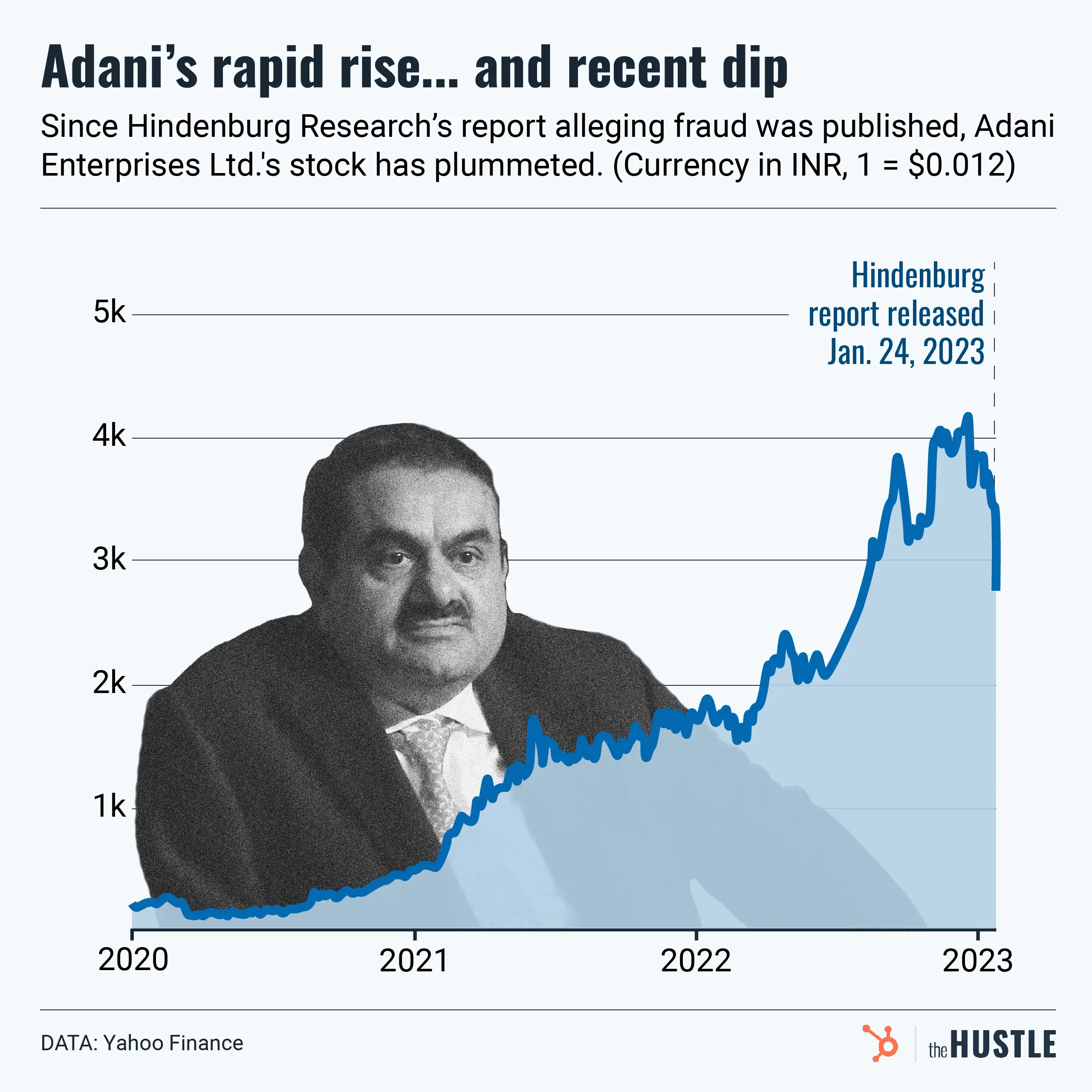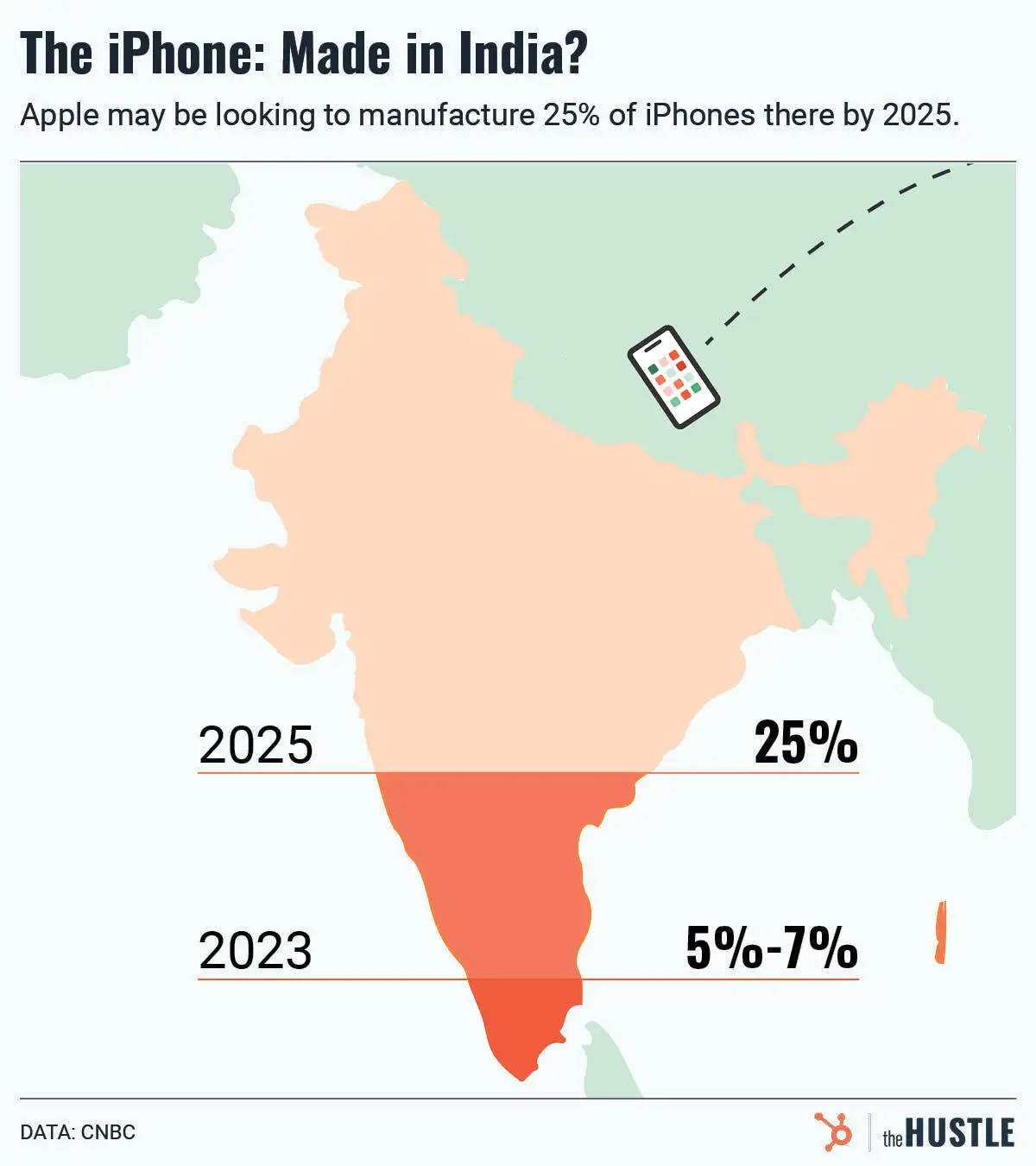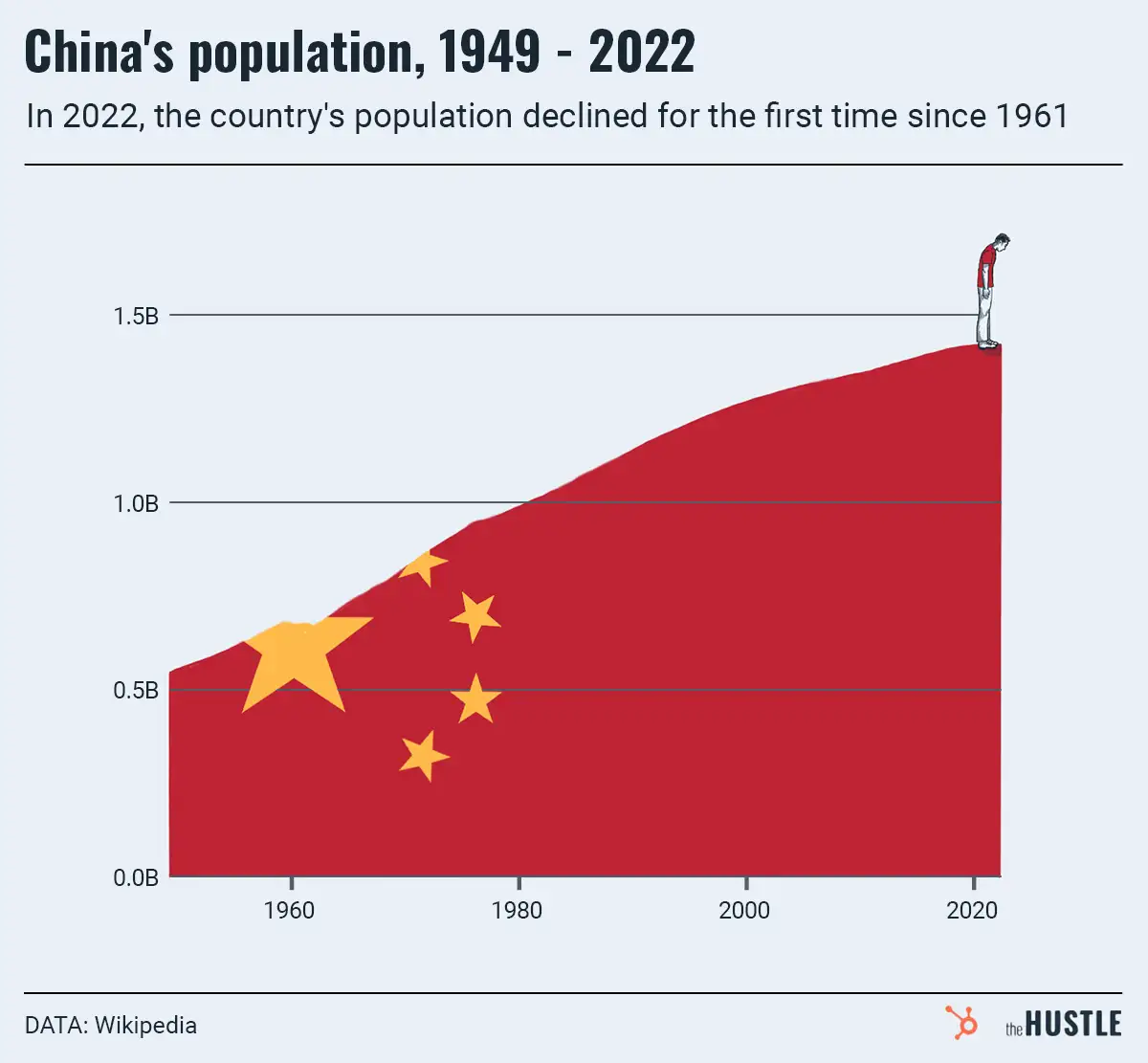If Russia’s invasion of Ukraine drags on or leads to conflict elsewhere, this week’s withdrawal of McDonald’s, Boeing, and other companies from Russia may look like a small ripple in a massive economic sea change.

As CNBC reports, international tensions are pushing companies to rethink the concept of globalization altogether.
For the past few decades…
… the world order has been one of interdependence and (mostly) free trade. Experts believed economic interests would keep powerful nations out of war.
Although globalization has declined slightly since the 2008 financial crisis, big companies still sell goods in far-flung, autocratic nations and move production into these markets, where they can pay far lower wages.
But these moves have destroyed America’s manufacturing sector and made supply chains more vulnerable to crises (e.g., pandemics and wars).
Russia’s war has been especially hard on the auto industry:
- Volkswagen, Ford, and Toyota are among the major car companies that have suspended or ceased operations in Russia
- Western Ukraine has become a top manufacturer of car wiring systems, meaning Russia’s invasion has disrupted car wiring production
Car companies are feeling the squeeze and contemplating where they can maintain safe facilities.
What will happen next?
Russia has threatened to seize shuttered foreign manufacturing plants and place them under state control — leaving multinational companies with a difficult choice:
- Wait for Russia to stabilize and hop back in, or
- Manufacture, market, and sell goods closer to home
The latter would increase the deglobalization trend and reduce supply chain risks.
“In 48 hours companies were pulling out and rethinking the post-war world,” Wharton School professor Witold Henisz told CNBC. “This is a fundamental break.”
The elephant in the room?
China. The rest of the world is far more connected with China than Russia (the US received ~$435B in Chinese imports in 2020, compared to $22B+ in Russian imports).
If relations between China and the West decline substantially, then we’ll really see a reshaping of global economics.











